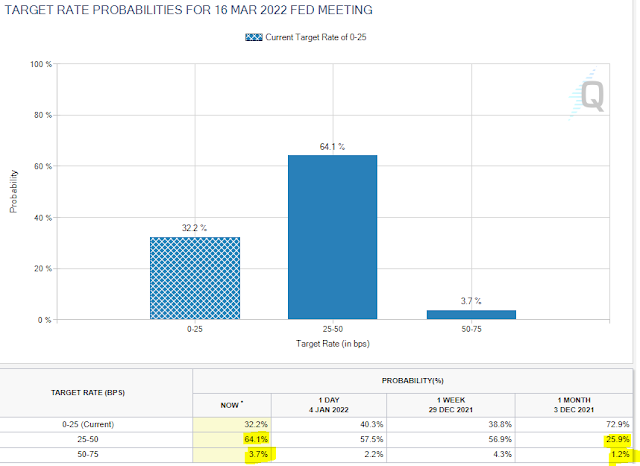Fleshing out our take on IPOs
Livewire Markets included some commentary from Equitable Investors in its IPO round-up - which you can find here - and we thought we would take he opportunity to flesh things out here.
Discipline creeping in?
Our footnote to the description of a buoyant 2020 for IPOs (as we set out for Livewire) was that the market appeared to take a more discerning approach in the last few weeks. Several IPOs slated for the ASX were cancelled and ready-made meals company YouFoodz got its listing away but then fell 25% on its first day.
We would like to think that there was more than just investor fatigue at work. A common structure to fund companies preparing to IPO has been to conduct a "pre-IPO" raising where investors commit capital that will be converted to shares at a discount to the IPO price. Quite often that discount is around the 20% mark. It was probably a healthy sign pre-Christmas that the market did not support a proposed IPO with convertible notes on issue that were to be converted to ordinary shares at a 50% discount to the IPO price.
We don't need to invest in IPOs...
Equitable Investors did not participate in a single new IPO in calendar 2020, an outcome we would not have predicted at the beginning of the year (we did invest in one Reverse Takeover or "RTO"). We found great opportunities to provide new capital to companies we already knew well and we prioritised these opportunities over new listings.
... but we are expecting continued demand
Low interest rates would certainly continue to force investors to look at equities, including IPOs. As CY2020 came to a close, equities were trading at a spread of about 4% on government bonds, if you use the sharemarket's earnings yield. So even if interest rates increased a little, the overall equity market would remain relatively attractive on that basis - remembering that the earnings yield used to trade on par with interest rates before the GFC ushered in the era of low interest rates. Takeover activity also appears to have heated up and if it continues on into 2021, it will put cash back into the hands of investors looking for opportunities to redeploy it.
Some of Equitable Investors' considerations when reviewing an IPO:
- Motivations: It is extremely important to understand the motivations of the company for listing. If it is about vendors taking money off the table, then more caution is appropriate. The sellers know exactly what it is they are selling and have had time to package it up to look as attractive as possible. The prospectus and pitch deck are part of that packaging.
- Pricing: In general, given the knowledge imbalance between the pre-IPO owners and IPO participants, we expect an IPO to be priced at a discount to its listed peers. This doesn't mean it has to be priced like a deep value play. A fast growing company with market power or strategic value should be priced against other companies with those characteristics.
- Structuring: We've touched on setups where investors who came in before the IPO are guaranteed a significant discount to the IPO price and how that can undermine the price of the stock once it lists. But there are a number of other things to watch out for. A classic is the provision of a significant "free carry" where the promoters are issued with free shares and claim that this creates alignment - the truth is that the stock price can halve and the promoters may have done very well for themselves. Sometimes you see IPOs where the intellectual property or other important components of the business are ring-fenced in an entity that will remain private and won't be owned by the listed entity. The bottom line is that you need to read the prospectus, including its footnotes, with eyes wide open.
- Ownership: Who your fellow shareholders are is also relevant. We want to see founders, board and management holding reasonable investments. We do think about whether an IPO is attracting flighty day traders or patient capital. It does worry us whether fellow owners understand what they are holding.
- Potential: Ultimately we are looking for a business that we expect in the future, based on our understanding of its economics, can generate future earnings that will drive a valuation that makes the issue price look like a bargain today - or have strategic value to other industry players. Revenue multiples have become increasingly popular in comparing IPOs with their peers. We think this can be a valid approach but, as is the case with other valuation benchmarks, you need to have an understanding of what the scale of the opportunity, margins, growth, cost structure and risks in the business are like or could look like in time.



